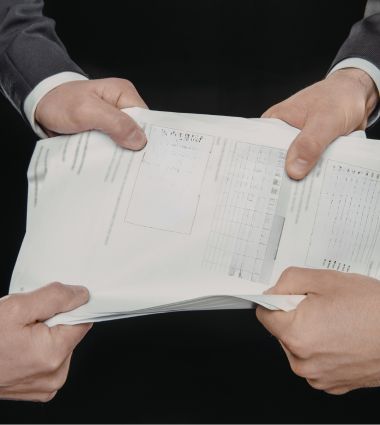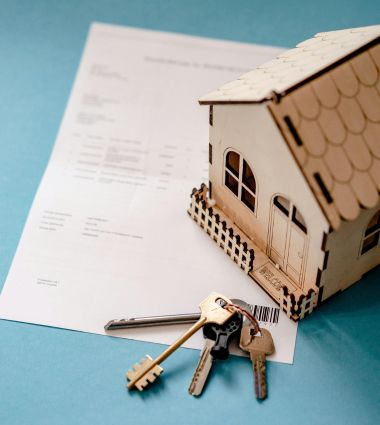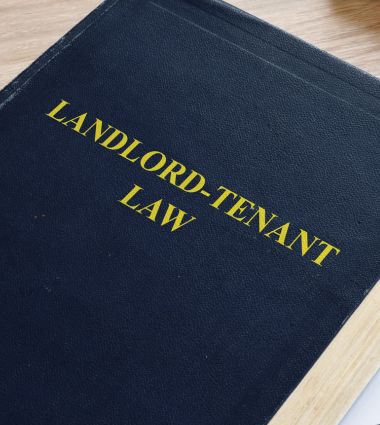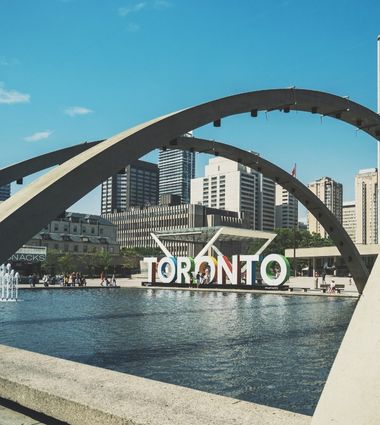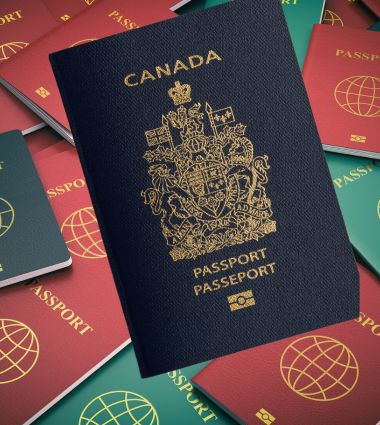A Simple Mortgage Documents Checklist in Canada for Homebuyers
Buying a home is exciting, but the paperwork can feel over the top. Whether you’re a first-time buyer or moving into a new place, getting your mortgage approved means having the right documents ready. Lenders want proof that you can afford the loan, and missing documents can delay the process. This guide will walk you through exactly what you need, so you’re not scrambling at the last minute.
A Simple Mortgage Documents Checklist
Lenders look for three main things: proof of income, credit history, and down payment funds. Here’s what you’ll need:
1. Proof of Income
Your lender wants to see that you have a steady income to cover mortgage payments. Depending on how you earn money, different documents apply:
- Salaried Employees: Pay stubs from the last two months and a letter from your employer confirming your job title, salary, and employment status.
- Self-Employed: Two years of Notice of Assessments (NOAs), T1 tax returns, and bank statements. Lenders may also ask for proof of ongoing contracts or invoices.
- Freelancers & Contractors: A mix of tax returns, invoices, and contracts proving consistent work. If your income is irregular, showing strong savings or a larger down payment helps.
Tip: If your income varies month to month, a high credit score and bigger down payment can make lenders more comfortable approving your mortgage.
2. Credit History and Debt Information
Your credit report gives lenders an idea of how reliable you are with debt. They’ll check this themselves, but it’s good to have your own copy for reference. Here’s what you need:
- A recent credit report (you can get one for free from Equifax or TransUnion in Canada).
- A list of any outstanding debts — car loans, credit cards, student loans — and their monthly payments.
- If you’ve had financial issues in the past, a letter explaining situations like late payments or bankruptcy can help provide context.
Tip: A credit score of 680 or higher gives you access to better mortgage rates. If yours is lower, paying off debts or improving your credit history before applying can save you money in the long run.
3. Proof of Down Payment and Savings
Lenders need to confirm where your down payment is coming from. Be ready to provide:
- Bank statements from the last 90 days showing saved funds.
- A gift letter (if family is helping with the down payment), confirming the money is a gift, not a loan.
- Proof of asset sales, like a car, investments, or another property, if that’s where your down payment is coming from.
Tip: In Canada, you need at least a 5% down payment, but if you can put 20% or more, you’ll avoid paying for mortgage default insurance (CMHC fees), which can save you thousands.
4. Property Details and Purchase Agreement
Once you’ve found the home you want, your lender will need property-specific documents:
- The signed purchase agreement, showing the home price and terms.
- MLS listing details, outlining the home’s specs and features.
- A home appraisal (if required by the lender) to confirm the property’s value.
- Proof of property insurance before closing day.
Tip: Some lenders require a home inspection before approving a mortgage, so budgeting for that extra cost can help avoid last-minute surprises.
Having these documents ready makes the mortgage approval process smoother and faster. If anything is missing or unclear, your lender may delay approval or ask for more paperwork. Working with a reputable real estate lawyer in Ontario and a mortgage broker can help you understand the fine details and avoid mistakes.

What’s Your Mortgage Pre-Approval Success Score?
Before you start house hunting, see how strong your mortgage application is. Lenders check five key things — let’s break them down:
1. Credit Score (0-2 points)
- Above 680? (Yes: 2 points, No: 0 points)
- A higher credit score can get you better rates. If yours is low, work on paying down debt and making payments on time.
2. Job and Income Stability (1-2 points)
- Been at the same job for 2+ years? (Yes: 2 points, No: 1 point)
- Lenders want steady income. If you’ve recently switched jobs, having a solid work history helps.
3. Down Payment Readiness (0-2 points)
- Saved at least 5-20%? (Yes: 2 points, No: 0 points)
- In Canada, you need at least 5% for homes under $500K. A 20% down payment saves you from CMHC insurance costs.
4. Debt-to-Income Ratio (1-2 points)
- Is your monthly debt below 40% of your income? (Yes: 2 points, No: 1 point)
- Too much debt makes lenders nervous. Reducing loans and credit card balances can improve your chances.
5. Paperwork Prepared (0-2 points)
- Do you have all the required documents? (Yes: 2 points, No: 0 points)
- Be ready with pay stubs, tax returns, and bank statements. Lenders don’t like missing paperwork.
Your Score
- 8-10 points: You’re mortgage-ready!
- 5-7 points: Almost there — saving more or improving credit will help.
- 0-4 points: Work on your finances before applying.
Why It Matters: A strong application gets you better rates, faster approval, and more negotiating power when buying a home.
Common Mortgage Mistakes to Avoid (and How a Real Estate Lawyer Helps)
Buying a home is exciting, but mortgages come with fine print. A small mistake can mean higher costs, delays, or even losing a home you love. Here’s what to watch out for — and how a real estate lawyer can help keep things on track.
1. Ignoring Your Credit Score
Your credit score affects your mortgage rate. A low score could mean thousands more in interest over time. Most Canadian lenders prefer at least 680 for the best rates. Before applying, check your score through Equifax or TransUnion — it’s free once a year. If your score needs work, start paying off debts and avoid new credit applications.
2. Forgetting About Closing Costs
Many buyers focus on the down payment but forget about the extra costs. You’ll need about 3-5% of the home’s price for:
- Land transfer tax (Toronto has both provincial and municipal land transfer taxes)
- Legal fees ($1,500 to $2,500 for a real estate lawyer)
- Home inspection ($400, but it could save you from buying a money pit)
How a Lawyer Helps: A real estate lawyer confirms all legal and financial aspects of closing are in order, like reviewing the purchase agreement, checking for outstanding taxes or liens on the property, and handling the transfer of ownership.
3. Changing Jobs Before Closing
Even if it’s a better-paying job, switching employers before closing can delay your mortgage. Lenders want stability. A new job may mean extra paperwork and delays, which could put your mortgage approval at risk. If possible, wait until after closing.
4. Skipping Pre-Approval
House hunting without a mortgage pre-approval is risky. Without knowing how much you can borrow, you might fall in love with a home you can’t afford. Worse, sellers prefer pre-approved buyers, so you could lose out to someone already vetted by a lender.
A pre-approval locks in your interest rate (for up to 120 days) and shows sellers you’re serious. It also helps avoid last-minute surprises when it’s time to finalize your mortgage.
.jpg)
How a Lawyer Helps: A real estate lawyer can review your mortgage agreement to make sure there are no hidden clauses or penalties. They also work to make sure the title is clear, meaning there are no legal issues with the property before you take ownership.
A pre-approval gives you a clear budget, a locked-in interest rate (for up to 120 days), and an edge in negotiations. It’s free, so there’s no reason to skip it.
A little preparation can save you stress and money. Check your credit, plan for extra costs, keep your job stable, and get pre-approved before you start looking.
Getting a mortgage doesn’t have to be stressful. Having the right documents ready can speed up the process and improve your chances of approval. Whether you’re buying in Toronto or anywhere in Canada, working with a real estate lawyer can help ensure everything goes smoothly.
Need expert guidance?
Khan Law specializes in real estate transactions and mortgage approvals, helping you make confident financial decisions.
Real Estate
Family Law
Wills & Estates
Immigration
Join Our Mailing List.
Sign up with your email to receive our newsletter and stay informed about the latest legal developments and special offers.


